I'll never forget my first manager at Burson-Marsteller. As a junior PR person, she would take me in her office and make me role-play various media pitches via a fake telephone conversation. There was something humiliating about it, not to mention it didn't work. Still I had to make my way down a long phone list, bugging reporters when they were probably busy writing.So one day, unbeknown to my manager, I ditched the phone for email pitches and wouldn't you know it, the responses started coming in. I was reaching reporters in a way that they wanted to be reached, on their time. Fast forward ten years and as a PR professional, frustrated with Vocus' database tool, I decided to use social to research contacts as well as reach out to contacts.
Much like email in 2000, I found that social was a better tool for getting the job done. Here's why:
* Social often gives a fuller picture of the journalist. On LinkedIn you can see what jobs they've had in the past and where their interests may be. On Twitter you can read their mini bio, often much more reflective of their personality than anything you'd find on the newspaper website. You can also see what topics they've been tweeting about - what's been pressing on their mind.
* Social also gives you permission to jump into a conversation in a natural way. You can comment on things via Facebook or Twitter that may have nothing to do with your clients, but is more about relationship building.
From a journalist's perspective social can be a really useful tool as well.
* Social is great for finding sources. I recently tweeted about my undying devotion to the Flip camera, and a journalist from the Associated Press found it, set up an interview and the next day my quote was in 100+ papers across the world. Pretty cool. Social allowed the reporter to cut out the middle man in terms of finding a source. As PR professionals, a.k.a professional middlemen, that's something to think about.
* Social is good for identifying what people are buzzing about. It makes sense that a journalist would want to write about a topic that's important to his/her readers. Again, Twitter is great as it lists Trending Topics. You can also see which topics are popular by looking at social share buttons on a blog or other sites. If a topic has been retweeted or shared on Facebook quite a few times, the public has essentially raised their hands and said they are interested.
As communication tools change so do the way communication professionals interact with one another, and that's a good thing. I'm pleased to say my days of role-playing and mile long phone lists are long gone. Of course they've now been replaced by @'s, hashtags and likes....I wonder what will be next.

